Project title: Beekeeping with Smallholder Cashew Farmers in Ghana
Type of project: –
SDG(s) relevant to the project: 2, 15
Topic(s): nature-positive approaches and regenerative agriculture
Product(s): cashews
Project end date and duration: ongoing (2.7 years)
Abstract: The project has introduced beekeeping to smallholder cashew farmers in the Brong-Ahafo region of Ghana. The project started in the villages of Agosa and Bonkwae and has since spread to many other villages in the region. Through the support of Red River Foods and dedicated partners, 70 cashew farmers have received equipment, training, ongoing support, and monitoring. The equipment provided includes beehives, bee suits, smokers, hive tools, brushes, and a communal honey press. These provide farmers with all the protective and functional tools required to successfully attract, raise, nurture, and protect honeybees.
Participants were elected through a democratic decision-making process amongst the farmers in the communities. Out of the 70 direct project beneficiaries, 23 were women. In these communities the work of beekeeping is often viewed as a male-centric activity. Therefore, empowering women to take up the practice is extremely important.
Beekeeping is an excellent practice to integrate into cashew production for two key reasons. First, by supporting honeybee colonies within cashew orchards, pollination generally increases and so do farmer yields. Second, through the harvest and sale of hive products (honey, wax, propolis, etc.), farmers are able to increase and diversify their incomes.
Since launch of the project, the training approach has evolved. The project started through a pilot of 10 farmers, trained by a partner organization. Upon assessment and enthusiasm of all parties, the decision was made to scale and continue the growth of the project, seeing 30 new participants for the second year of the project. Through previous experience with beekeeping in Ghana, the decision was made to contract two local graduates of a Master Beekeeping program Red River Foods had previously supported. These two young Ghanaians, Stephen Adu and Akwasi Amo, had been practicing beekeeping for many years and were excited to manage this new project. They took over the lead with support of the Red River Foods Beekeeping team, to provide the training, coordinate equipment construction, and support farmers through continual field monitoring.
However, it was their vision and passion for beekeeping that led to a second evolution in the project and the decision was made to directly support them in creating a sustainable and productive beekeeping business. Their key values are:
- Beekeeping can uplift underprivileged rural farmers to increase their crop yields and incomes and should therefore be accessible to all.
- Engaging youth in the region to learn the skill and work as service providers to support farmers to learn and take up the practice.
This support allowed the new business, named “Ghana Blossoms Beekeeping” (GBB), to acquire a pick-up truck and a laptop computer, enabling them to drastically increase the efficiency and reach of their monitoring efforts.
In addition, this support allowed them to integrate 30 new cashew farmer trainees and provide them with 280 additional beehives. Currently, the new participants have installed the hives in their orchards and are already seeing a large percentage of them colonized. This means that the bees are now settling into their new homes and will provide immediate pollination services to the cashew trees, while building up their harvestable reserves of honey.
There are several key next steps in the project, starting with the continued field training and support from Stephen and his team. These are practical trainings, showing the farmers best practices for monitoring and management of their bee populations. Secondly, Red River Foods will be working closely with Stephen to officially register his business as well as conduct a thorough analysis of his operations in order to ensure its sustainability and its ability to support an ambitious plan of growth across the region.
Impact and Outcomes: While this project remains active, we have seen several positive results at the participant and community levels. The first has been the harvest and sale of honey from the participants. All project participants are smallholder farmers and the additional income they have received through their beekeeping has a substantial impact on their livelihoods. The second is the growing awareness and interest amongst farmers in the region. Stephen is constantly having new farmers reaching out to him to learn more about beekeeping and looking to participate in his work. This interest is creating the potential for an emerging supply of quality honey from the region. The third result is tied to Stephen’s vision for engaging youth to learn a valuable skill, and thus creating their own means of income. This aspect is incredibly important, as it’s addressing the widespread issue of unemployed youth in the area.
The income gained by the project participants has already had a massive impact on their livelihoods; by learning this practice, a new, steady revenue stream is created to supplement their income from cashew production. Although not currently quantified due to a lack of record-keeping on behalf of the farmers, many participants have reported a noticeable increase in their cashew yields, expected to be a result of the increased pollination from their managed bee populations.
In addition to all of the aforementioned impacts, the project’s potentially greatest achievement has been the creation of GBB, Stephen’s company. By formalizing his operation into a registered business, he can reliably employ his team of eight young people (and still growing) from the area and obtain bank loans to further invest in his beekeeping work and the trade of all the resulting honey. He is extremely proud of these developments and continues to gain notoriety, stoking further interest in beekeeping.
In addition to the qualitative results, such as increased yields, the project also has several quantifiable outcomes. To date, the 40 participants from the two Red River Foods partner communities have harvested 1,140 liters of honey, resulting in over $4,500 in additional direct income. These 40 participants, with support from the Red River Foods beekeeping team and GBB, are now managing 350 beehives. GBB is managing an additional 700 hives in the greater area. Through this network, they are already able to commercialize over 2,500 liters of honey annually.
From our perspective, as a vertically integrated company with years of experience on the ground, this project fills a key gap with smallholder cashew producers. Many cashew farmers generate most if not all of their income in the three-month cashew harvest period. Not only does this make it difficult to afford school, medical, and general living costs throughout the year, it also makes farmers and their households vulnerable to crop failure, market volatility, and other uncontrollable factors. By diversifying their income through a practice which they can couple with their cashew production, farmers and their families become more resilient to these external factors.
The cashew nut industry relies on millions of smallholder farmers in West Africa to maintain a steady supply of product. Therefore, this project is an excellent example of engaging directly with these farmers and empowering them to increase their incomes while also making their livelihoods and their environments more resilient.
Looking forward, we plan on continuing to support the expansion of beekeeping in Ghana and have expanded the project into Côte d’Ivoire where we also source cashew nuts and engage with cashew producing communities. The future of this project remains extremely bright, and we anticipate many more achievements and positive impacts in the years to come.



